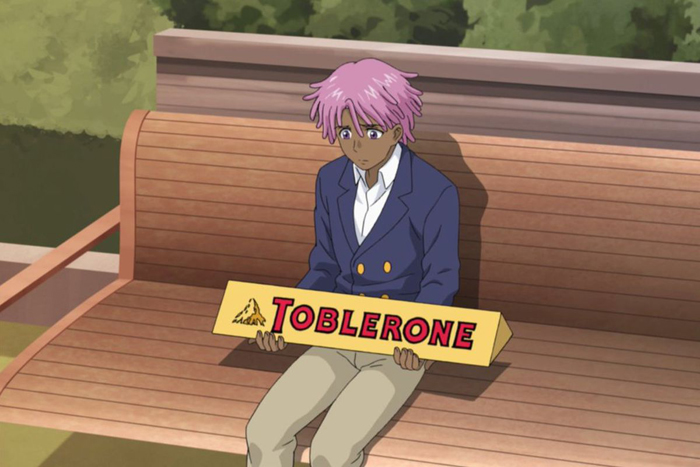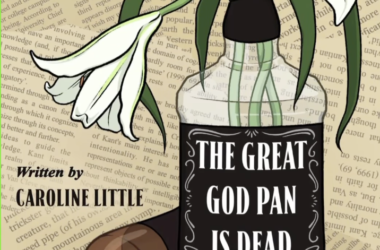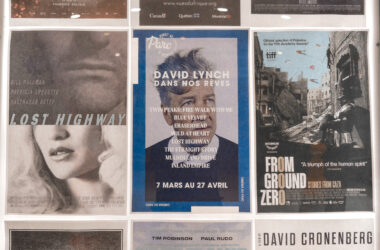We’ve been living in the supposed “Golden Age of TV” for the better part of two decades. In a time where blockbuster series are generated from obscure Netflix viewer preference data and showrunners regularly do away with the limitations of genre conventions, perhaps the emergence of a show like Neo Yokio isn’t as bizarre as it might seem. Netflix’s new anime-inspired comedy series, released late September, was created and co-written by Vampire Weekend frontman Ezra Koenig and stars the voice of Jaden Smith alongside Jude Law, Susan Sarandon, and Jason Schwartzman. If you find the terms “Ezra Koenig,” “Jaden Smith”, and “anime” exciting together, it’s unlikely that the show will disappoint. Beyond that, I can give no guarantee.
Neo Yokio follows the life of Kaz Kaan (Smith), a wealthy teenage socialite living in Neo Yokio, an imagined futuristic version of New York City. The anime-inspired twist to this otherwise Gossip Girl-esque setup is that Kaz’s elite social status results from his family lineage of demon-hunting magicians—a day job which he begrudgingly maintains in order to preserve his family’s wealth. The show’s narrative centers on the tension between Kaz’s luxurious lifestyle and the complications of being a reluctant teenage demon hunter. Kaz spends almost the entire show moping for one reason or another: Whether it is his dropping ranking on Neo Yokio’s list of most eligible bachelors, or the disinterest of one of his would-be girlfriends. He takes refuge in buying designer suits, listening to Vivaldi, and eating squid ink linguine—a dish he praises as “the most melancholy of all pasta.”
Plot, however, is far from Neo Yokio’s primary concern. It works mostly as a freeform satire of the ridiculous decadence of its snobbish protagonist. The show is deeply aware of Kaz’s vapidity, as well as the absurdity of its premise. Its funniest moments are those in which Kaz is least likeable, or in which an obviously trivial event is given great narrative importance. In one episode, Kaz guards the Metropolitan Museum of Art from a demon during a ball, but his biggest fear is if his midnight blue tuxedo is appropriate for the event’s black-and-white dress code. Neo Yokio’s keen sense for pop culture shines throughout: The demon that haunts the Met possesses Damien Hirst’s sculpture For the Love of God.
For those without a taste for deeply rooted self-awareness and satire, the show is much more difficult to enjoy. Smith’s deadpan delivery of lines like “Demon, be gone from this Chanel suit!” is almost too ridiculous to accept as comedy, and many won’t. This isn’t the show’s only weakness; the sparse, basic animation style leaves a good amount to be desired, and some of the minor voice acting parts are genuinely hard to sit through. Granted, these are exceptions to the mostly well-selected cast. Jason Schwartzman as Arcangelo, Kaz’s hilariously snide rival socialite, is the show’s greatest comedic asset. Unfortunately, by the end of its remarkably brief season, it becomes apparent that Neo Yokio doesn’t have a great amount to offer besides comedy. Running character gags become tiresome, and the season’s final episodes take a turn for the dramatic that is hardly interesting enough to merit the change in tone. Barely surpassing two hours of total runtime, the show hardly demands a steep commitment. Ultimately, Ezra Koenig and his cast succeed in creating a unique and highly stylized comedy, albeit one that could benefit from better direction and plot points that stretch beyond social satire. Perhaps a lengthened second season will do just that.









